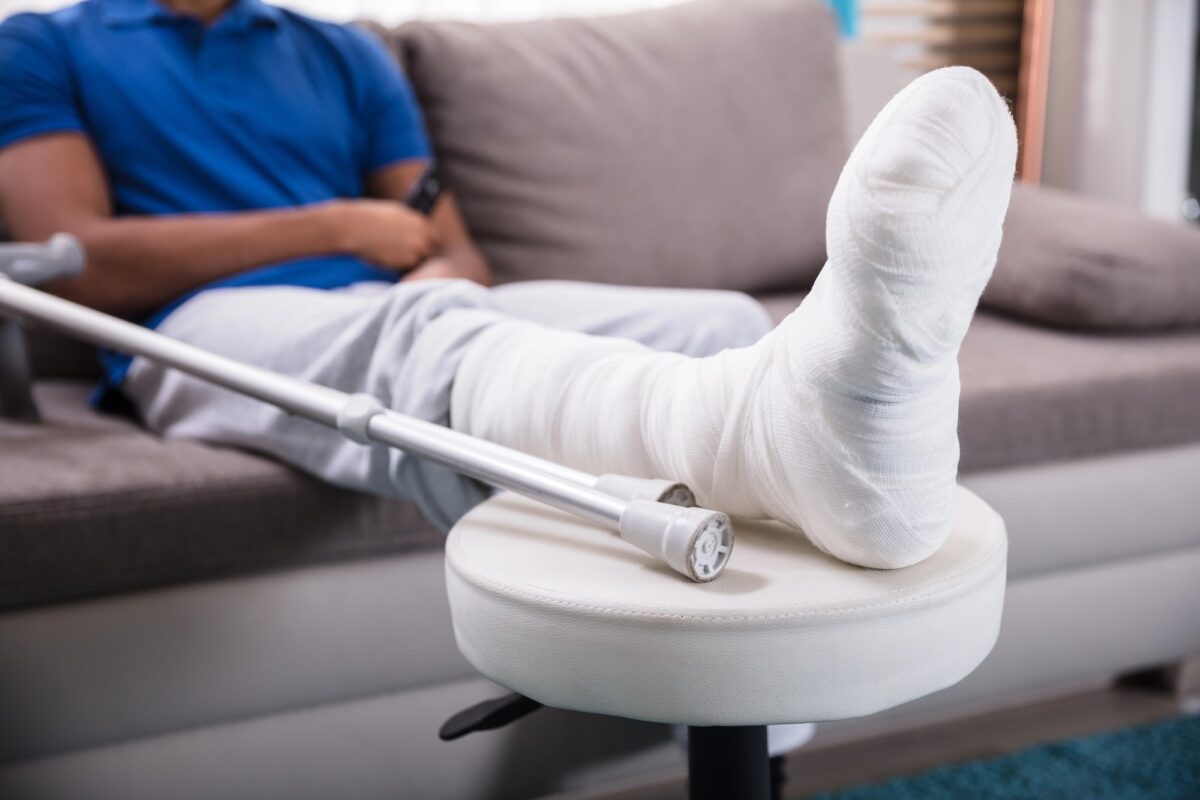How A Crash Can Affect Divorce Proceedings
A sudden death caused by a car collision can ripple through every aspect of a family’s life. As a car accident lawyer might explain, the emotional fallout is only the beginning—there are legal, financial, and family implications that may overlap with ongoing divorce proceedings. When a fatal crash occurs amid a separation or divorce, parties face unique issues that require careful handling on both personal injury and family fronts.
Estate Claims And Wrongful Death Actions
When someone dies in a vehicle accident, the deceased’s estate may pursue a wrongful death claim. If the deceased was a spouse involved in ongoing divorce litigation, that claim can become a contested asset. The court must decide who has standing to bring the claim (for instance, children or a surviving spouse) and how any proceeds will be allocated. If divorce is not yet finalized, the claim might be treated as marital property, subject to division, if the accident happened during the marriage. The timing matters.
Effect On Property Division
Funds obtained through a wrongful death or survival action can shift the balance of marital property division. The court may treat these proceeds as an asset subject to distribution. Conversely, fault or misconduct on either spouse’s part (for example, driving under the influence) might influence equitable division in some jurisdictions. Rarely, if a spouse has a history of reckless driving, this can be taken into consideration during the division of assets. However, statutes have a wide range of variation on this subject, and the exact details of the situation heavily affect the outcome.
Impacts On Child Custody And Support
When a parent dies in a crash, court orders for child custody must be revisited. If the deceased had custody or visitation rights, new arrangements are needed. The surviving parent or other relatives may petition for custody. Support calculations may also change if the deceased was a source of income or benefits. Life insurance or wrongful death proceeds might be factored into support awards or decisions on children’s needs. Even though family law isn’t the first thing that comes to mind in these situations, crashes can have major impacts on these agreements.
Alimony And Spousal Support Adjustments
A fatal crash may eliminate one spouse’s obligation to pay support or change entitlement. If the deceased was paying alimony, the obligation typically ends. But if a wrongful death recovery is substantial, a surviving spouse might argue for ongoing support from the estate or a share of the recovery to maintain their standard of living. Courts may consider whether spousal support was based on income that no longer exists and weigh the deceased spouse’s liability in the crash.
Insurance And Liability Considerations
Liability and insurance are vital. If the surviving spouse is sued in a wrongful death case or if they were partially at fault, liability may affect their exposure in divorce or estate matters. Insurance payouts might be limited, and the distribution of insurance proceeds could become a contested issue in the divorce. Also, any claim settlement may require court approval, especially when children are involved.
When a fatal crash collides with divorce, legal strategy must integrate personal injury, estate, and family rules. As our friends at Disparti Law Group can share, it’s essential to coordinate counsel across these domains to protect rights in both courts. An attorney familiar with wrongful death and divorce litigation can assess how a crash settlement may impact custody, support, property division, and claims against an estate. In such high‑stakes, emotionally charged circumstances, getting coordinated legal guidance is crucial. Speak with your local attorney to learn more.










